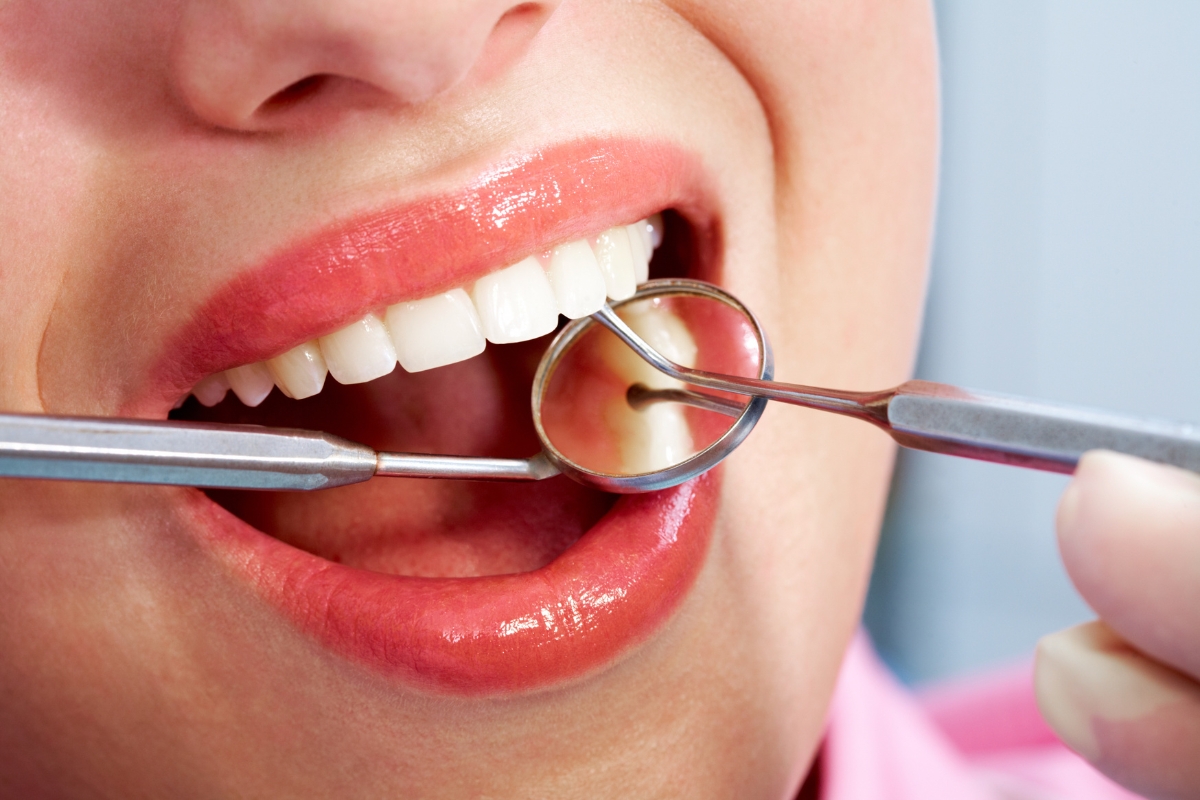1275 McConnell Drive, Suite H. Decatur, GA 30033

Do you find your newly acquired smile makeover to be a little more sensitive when you consume hot or cold food? Tooth sensitivity is often a side effect of cosmetic dentistry procedures such as whitening, veneers, and crowns. While the result may have been a smile you’re happy with, it also means that these types of treatments can cause your teeth’s nerves to be temporarily tender.
However, there is good news. A trained cosmetic dentist, Dr. Carlson, can tell you how to take steps to keep any new sensitivity minimized following these treatments. Continue reading this blog to find helpful remedies for a more comfortable recovery.
What Causes Tooth Sensitivity After Cosmetic Procedures?
Tooth sensitivity after cosmetic procedures is not uncommon. Cosmetic treatments like teeth whitening, bonding, and veneers can make teeth temporarily sensitive to cold and heat. The cause of the sensitivity is changes in the tooth enamel, the tooth’s protective layer. When enamel is compromised, like with whitening or preparing for veneers, it allows the dentin underneath to be exposed. This makes teeth more vulnerable to temperature fluctuations.
In some cases, nerves within the tooth may also be affected and contribute to discomfort. If you’ve undergone bonding or crowns, the procedure can alter the structure of the tooth and make it more sensitive. While these reactions are typically temporary, they can make everyday activities, such as drinking hot coffee or eating ice cream, uncomfortable. However, rest assured that these sensations usually subside as your teeth heal and adjust to their new structure.
Dr. Carlson’s Tips for Managing Tooth Sensitivity
Tip 1: Use Desensitizing Toothpaste
Being a professional cosmetic dentist in Decatur, Dr. Carlson recommends using toothpaste with potassium nitrate to help relieve tooth sensitivity. These special formulas work by calming the nerves in your teeth and gradually reducing pain over time. They also close the tubules in the dentin that carry pain signals to the nerve. With regular use, desensitizing toothpaste can significantly improve sensitivity levels.
Tip 2: Avoid Hot and Cold Foods
Even if it is difficult, avoidance of extremely hot or cold foods can prevent discomfort. Dr. Carlson suggests that patients avoid beverages like ice water, coffee, and hot soups during the recovery period. This reduces the possibility of triggering a sensitivity flare-up as your teeth adjust.
Tip 3: Brush with a Soft-Bristled Toothbrush
Harsh brushing with a hard-bristle toothbrush can aggravate sensitive teeth. Dr. Carlson suggests switching to a soft-bristled toothbrush to gently clean your teeth without causing additional irritation. A softer brush will clean effectively while minimizing the risk of further damage to the enamel.
Tip 4: Practice Good Oral Hygiene
Practice good oral hygiene during this time. Brush your teeth at least two times a day with fluoride toothpaste and floss to prevent plaque buildup. However, do not over-brush or over-scrub your teeth since this will only further irritate sensitivity. Gentle care will go a long way in protecting your oral health and comfort.
Tip 5: Seek Professional Treatment if Necessary
If sensitivity persists or worsens, don’t hesitate to visit Dr. Carlson, your cosmetic dentist. Persistent discomfort can be a signal of more severe issues like gum recession or tooth decay. Dr. Carlson might recommend professional treatments, such as fluoride varnish or dental bonding, to desensitize and restore comfort.
When to Visit Dr. Carlson or Your Dentist
Your teeth may be sensitive, and that would not be unusual after cosmetic work, but there are some situations when it could indicate a larger problem. On the other hand, if sensitivity persists more than a couple of weeks or gets very bad, that could be a sign of something more serious, such as cavities, receding gums, or exposed nerves. Patients in these cases should look for professionals, Dr. Carlson says. Dealing with matters as soon as they arise prevents the proliferation of side effects and maintains the vitality of a smile.
If you are feeling sharp, constant pain, or see that the texture and color of your teeth is different, you need to see your cosmetic dentist in Decatur. Early treatment Treatment early on will prevent permanent damage and achieve the optimal outcome for your smile.
Tooth sensitivity following cosmetic procedures can be expected in any case and varies by patient, but it is not typically permanent. Dr. Carlson’s professional recommendations, such as desensitizing toothpaste, avoiding extremes of temperature, and maintaining good oral hygiene, can render the recovery more tolerable. If the sensitivity stays with you, you may want to discuss a personal treatment option with Dr. Carlson, your cosmetic dentist.
Don’t let discomfort stand in the way of smiling with your new smile. Schedule an appointment with Dr. Carlson today and get your concerns answered and your recovery going well.